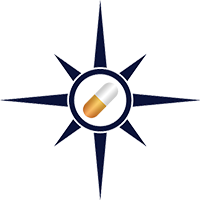

X


API Suppliers

US DMFs Filed

CEP/COS Certifications
0

JDMFs Filed
0
Other Certificates
0
Other Suppliers
0
0

USA (Orange Book)
0

Europe

Canada
0

Australia
0

South Africa
0
Uploaded Dossiers
U.S. Medicaid
Annual Reports
0
0
Impressions: 3810
https://www.pharmacompass.com/radio-compass-blog/mylan-s-epipen-price-hike-defense-india-throws-out-plans-of-a-bulk-drug-policy


